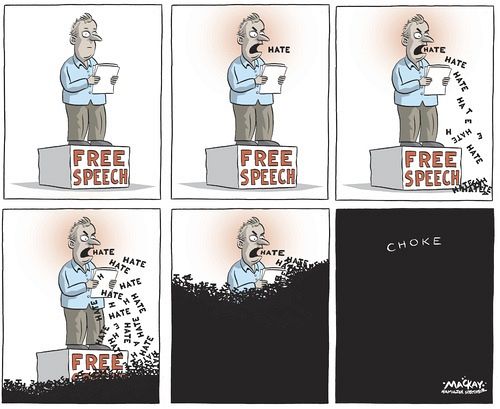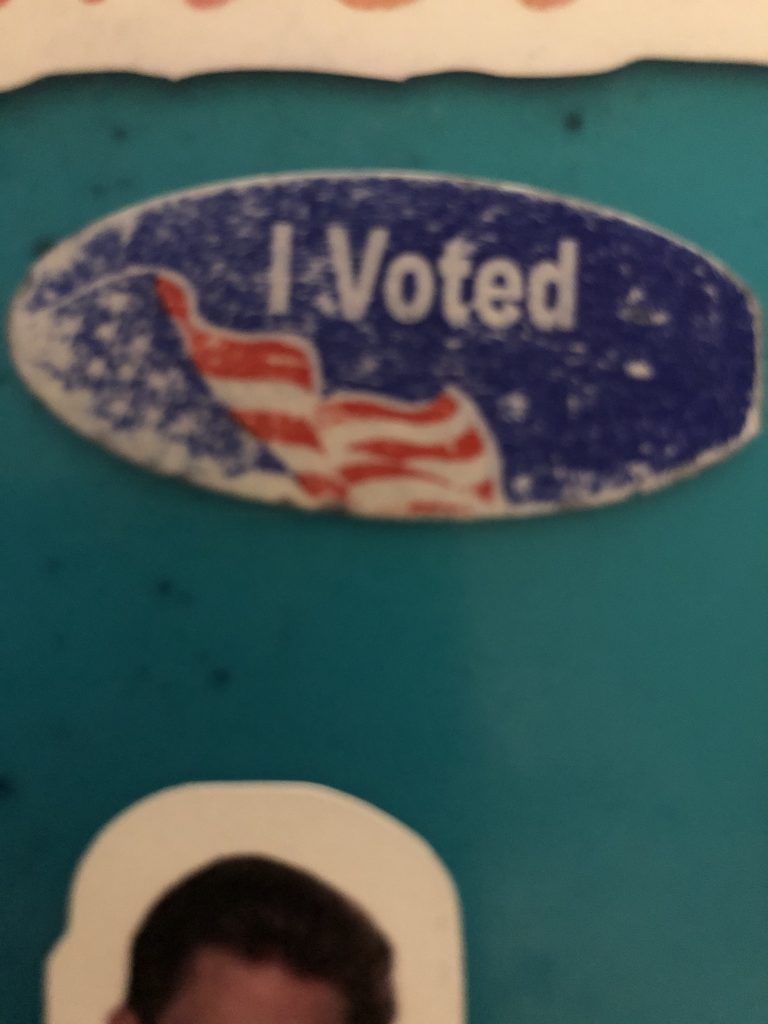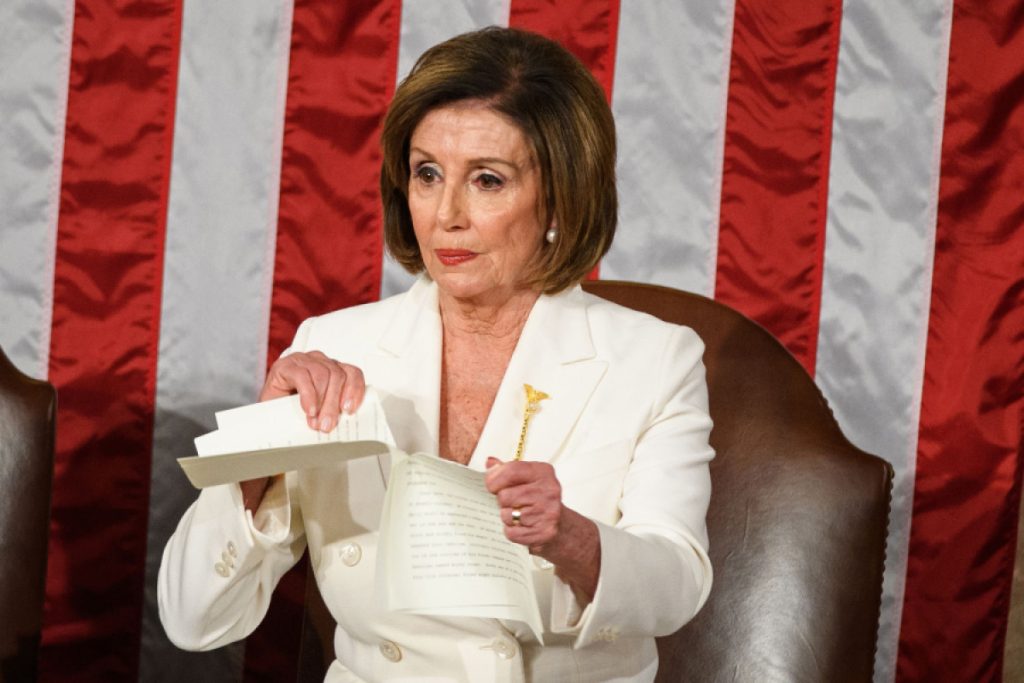
In the “Declaration of the Rights of Man and of the Citizen”, Article 11 states that free expression is “one of the most precious rights of man”, which was later carried over into the Bill of Rights. Since it was included in the first amendment, it goes to show how important this key idea is to Americans. However, how far can one push the idea of “free speech”? I think that it’s very difficult to specifically define what is considered free speech and what is considered hate speech–there is a lot of grey area. This right to free speech is vital to what makes the United States unique and it appeals to those in countries who do not get to exercise this right. As for the political cartoon above, I think this is a good representation of how people manipulate the “free speech” right as an excuse to spew hatred and discrimination against those who differ from them.


